Three weeks before I was born, my parents were told that there was a fifty-percent chance that I would be born with Down’s Syndrome. They spent those three weeks living in terror, trying and failing again and again to mentally prepare themselves to raise a child with a severe developmental disability.
In every photo taken on the day I was born, everyone in the room, excluding, of course, my bawling self, wore one of the biggest smiles I have seen to date. It is terrifying to consider how, had I been born with Down’s Syndrome or some other severe disorder, those laughing eyes would grow cold with resilience. I do not doubt that my family would still love me just as much, but the fact of the matter is that they, and almost everyone else I would encounter in my future, would see me first as a Down’s Syndrome patient and second as an individual.
An individual is so much more that just one aspect of their lives. There are factors in our lives that contribute to the way in which we live, and a significant factor for some is a developmental disability. Just because someone has a developmental disability, however, does not mean that they are limited to what we perceive to be the confines of such a condition.
When volunteering at the Kiwanis Special Games this past May, I met a seventeen-year old girl named Kayla. She introduced herself to me as someone who loved to dance, bake, and read. As we walked from event to event, she told me about her pets, her family, and her friends. She ran her heart out in every race and celebrated when she won a medal. Not once did she, (nor her friends and family,) feel the need to discuss her disabilities. This is because Kayla is a person who happens to have cerebral palsy, not a cerebral palsy patient. And that understanding seems to have been lost in our desperation to categorize and define.
An individual is defined by what they make of his or her life, not by how his or her chromosomes organized themselves during development. An individual is defined by his/her decisions and actions, not by a diagnosis. An individual is defined by how he or she chooses to define themselves, and it is our responsibility to honor, respect and accept that.
As a society, we tend to focus on the limitations of an individual as opposed to their abilities. When we see a person with a developmentally disabled person, we immediately categorize them as someone who is unable to do the same things we do. It does not make us bad people to think this way, rather it simply means that this is all we have ever done. I propose a simple alternative; instead of looking at a person in terms of what they are unable to do, force yourself to consider what they can. After all, our abilities are what define our contributions to the world around us. We need to rethink the way we view each other and renew our respect for the incredibly powerful skills of each and every individual around us. There is no such thing as a person who is “unable” or “disabled,” rather, there are only people with different sets of abilities.
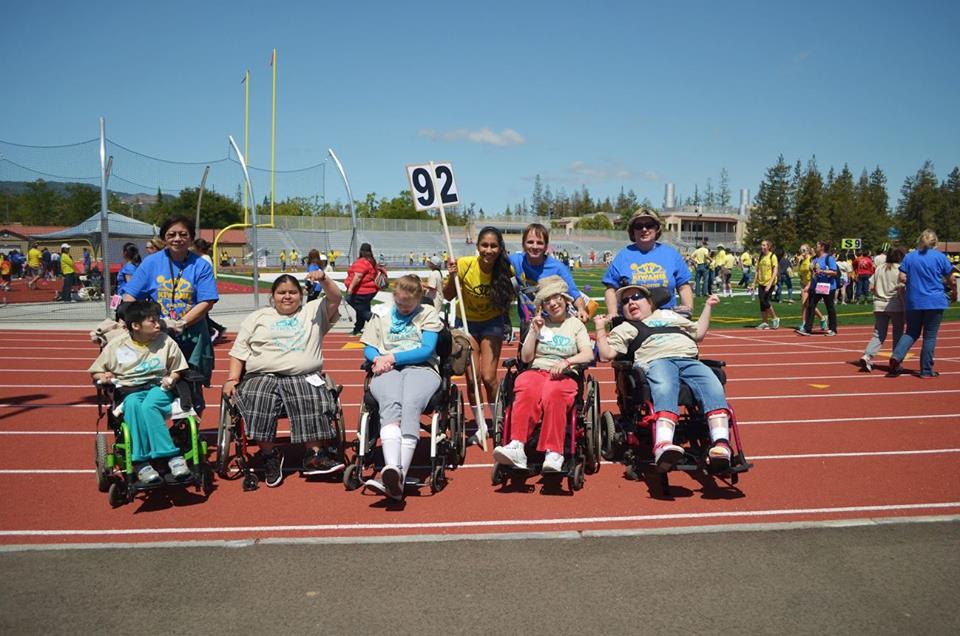





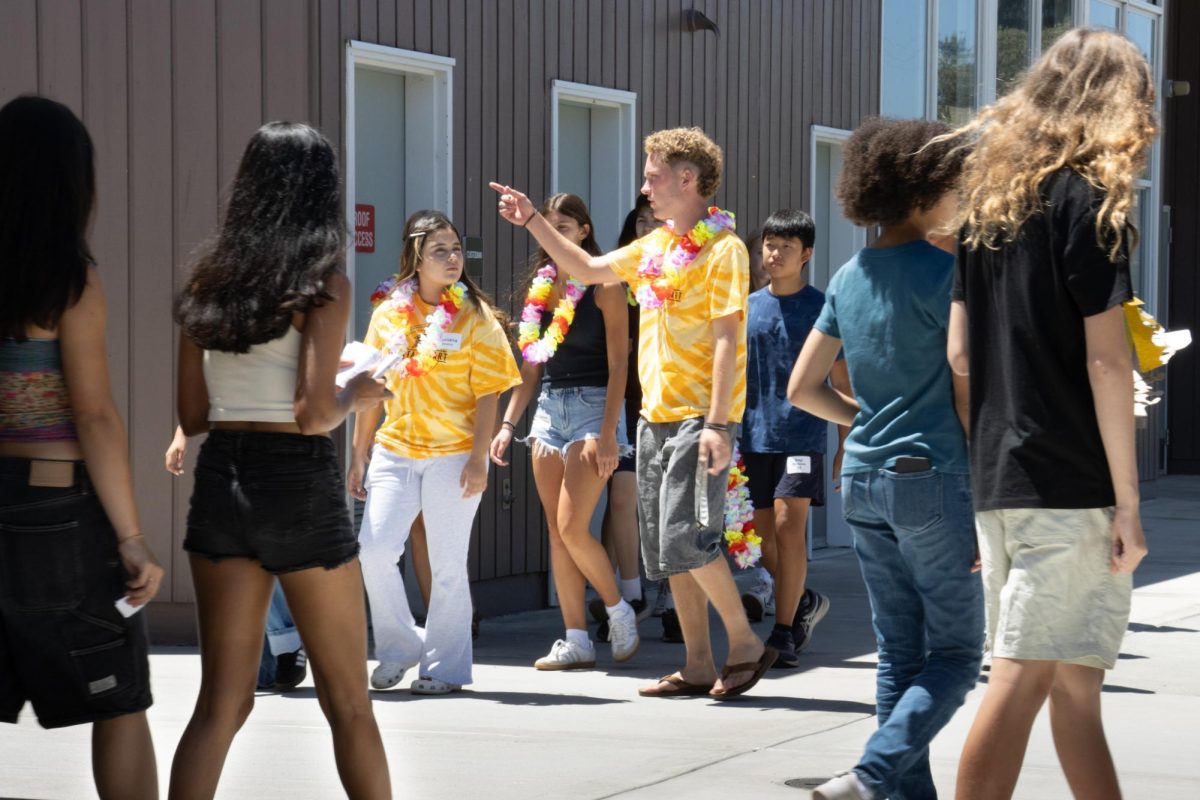

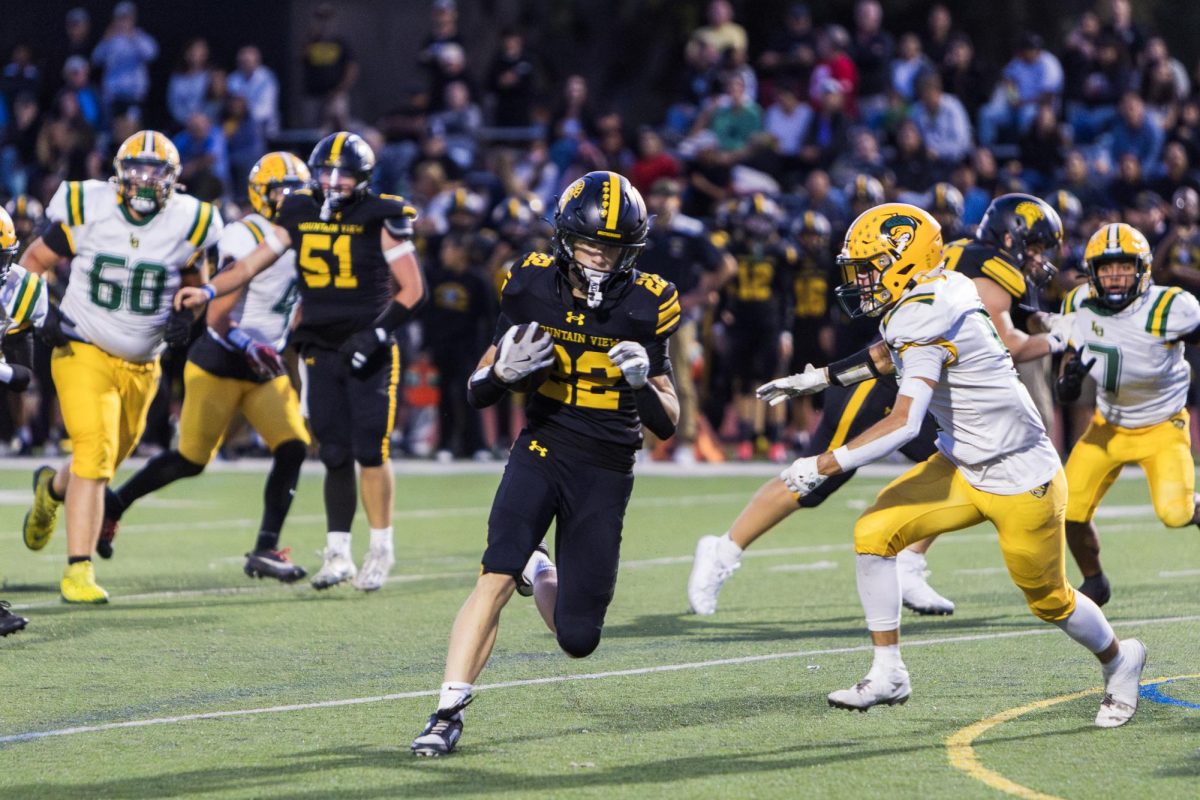
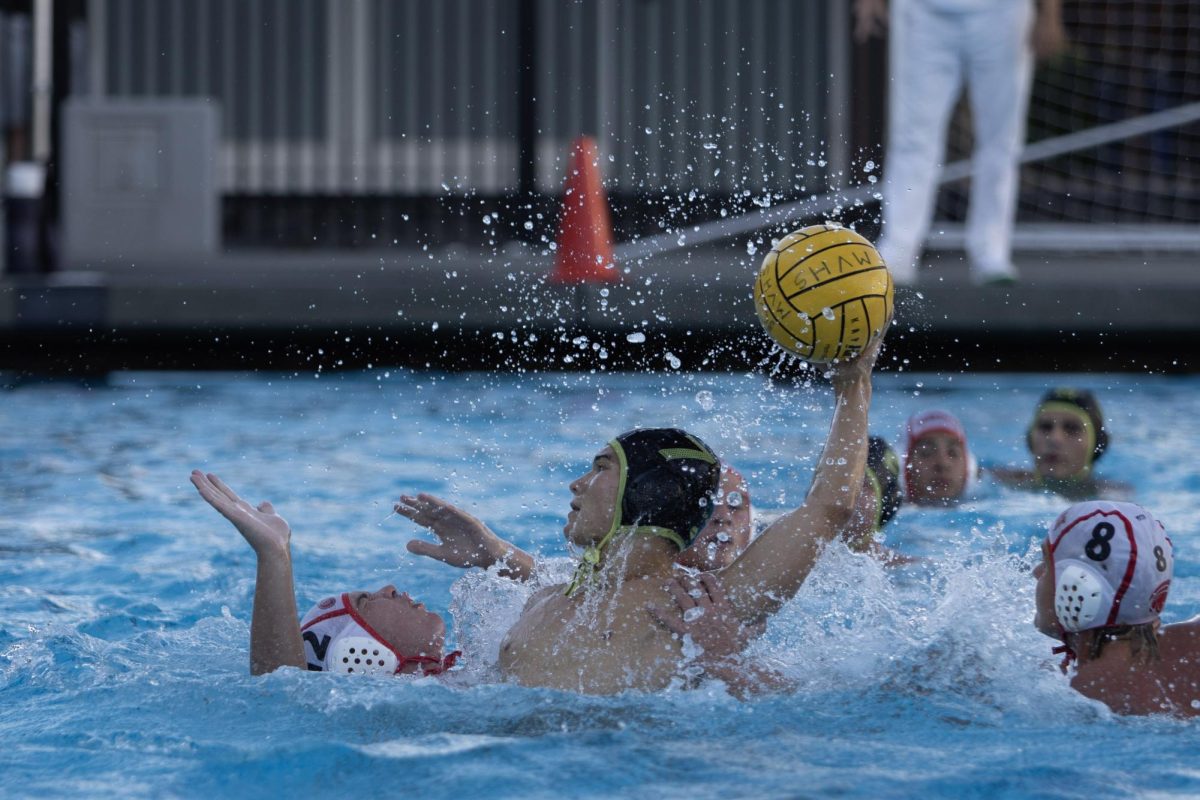

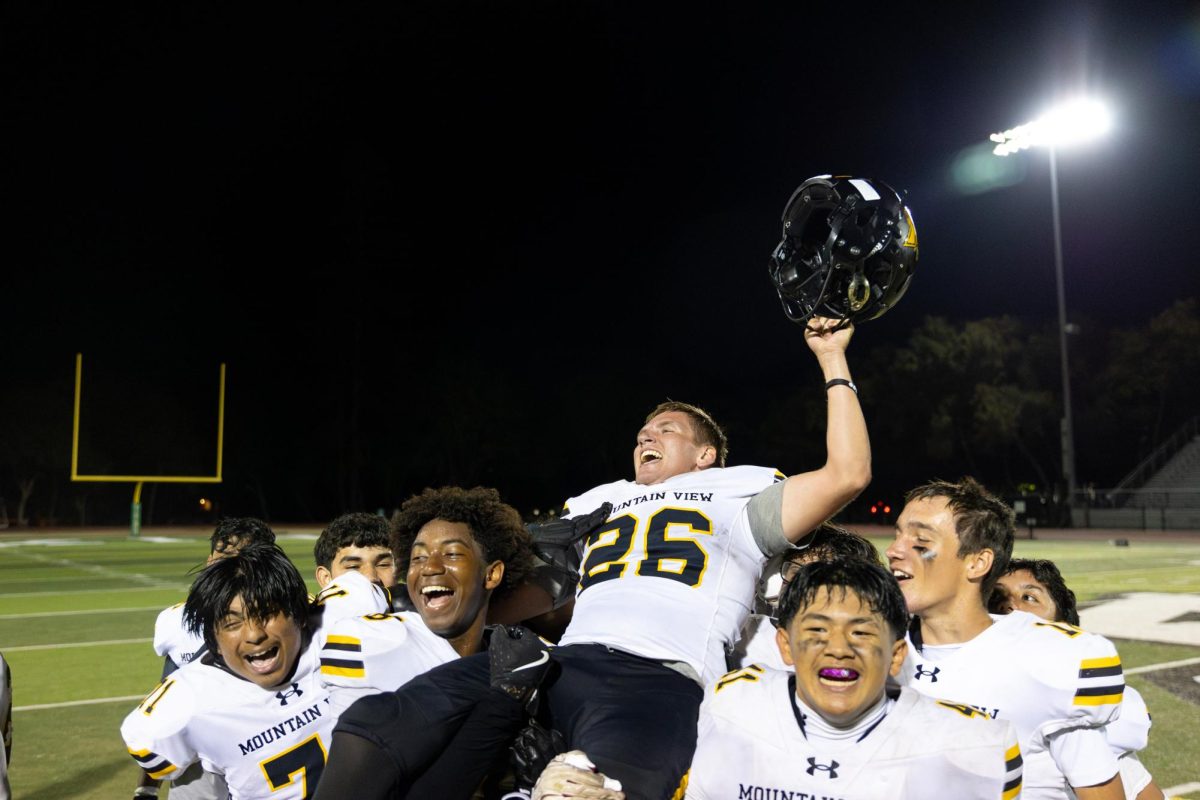





















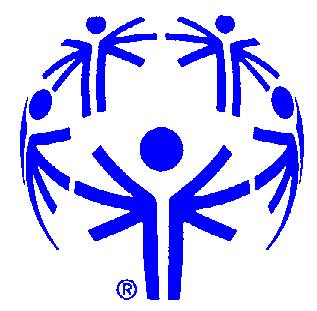

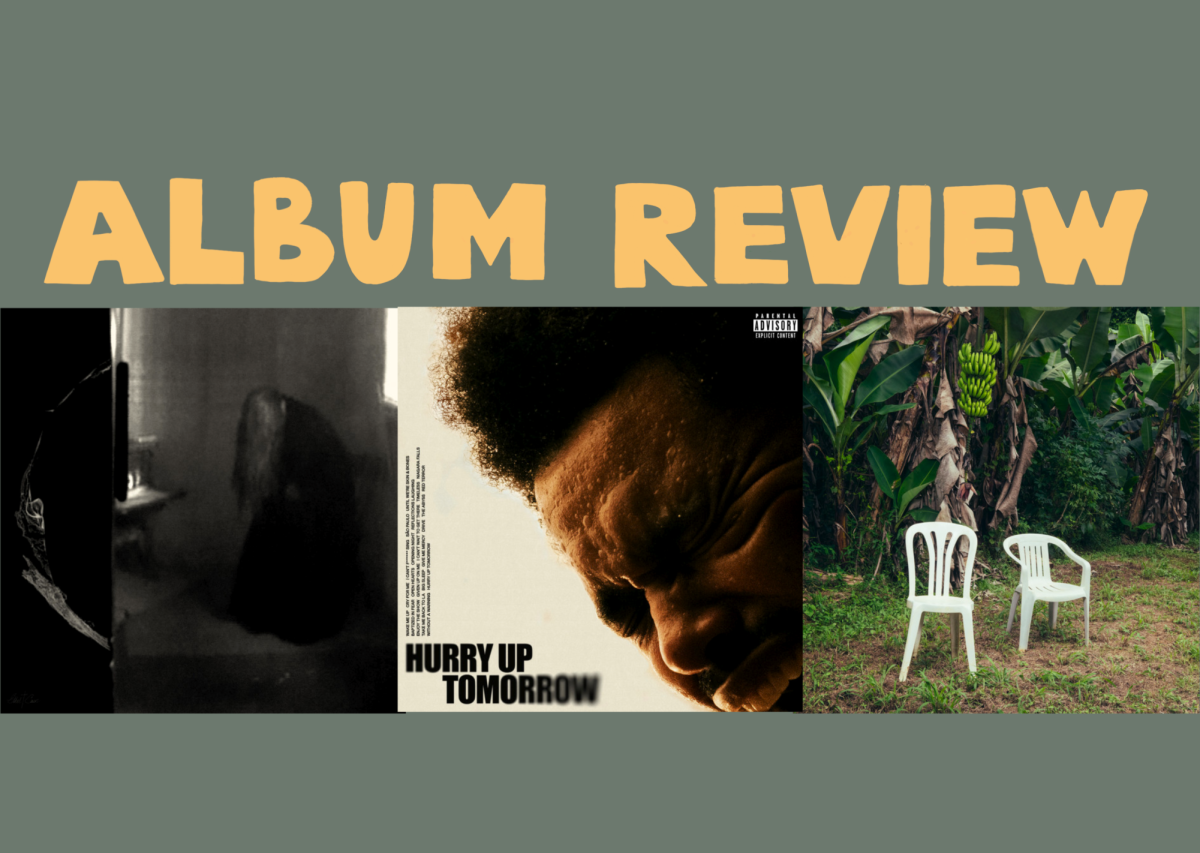

Tami Wallace Kittle • Nov 19, 2013 at 8:06 pm
you are amazing. LOVE this article ESPECIALLY as i was pregnant and my doctor told me I had a % chance of having a child with disabilities leading me to numerous genetic tests and an Amniocentesis test.
GJ • Nov 19, 2013 at 7:47 pm
snapping props